Specialist Doctor 2 Huynh Tan Vu, Day Treatment Unit, University of Medicine and Pharmacy Hospital, Ho Chi Minh City - Facility 3, said that parts of the peanut plant such as the stem, branches, leaves, tubers, kernels... are all medicinal herbs that have been used for a long time in oriental medicine and folk medicine.
"Peanuts have a sweet, nutty, fatty taste and have the effect of strengthening the spleen, nourishing the stomach, moistening the lungs, promoting bowel movements, reducing phlegm, regulating blood and qi, reducing swelling, stopping bleeding, increasing urination, increasing milk secretion, cooling the throat, reducing cholesterol, and anti-aging. Peanuts are used to treat fatigue (overwork), fatigue, and relieve stomach aches...", Dr. Vu shared.
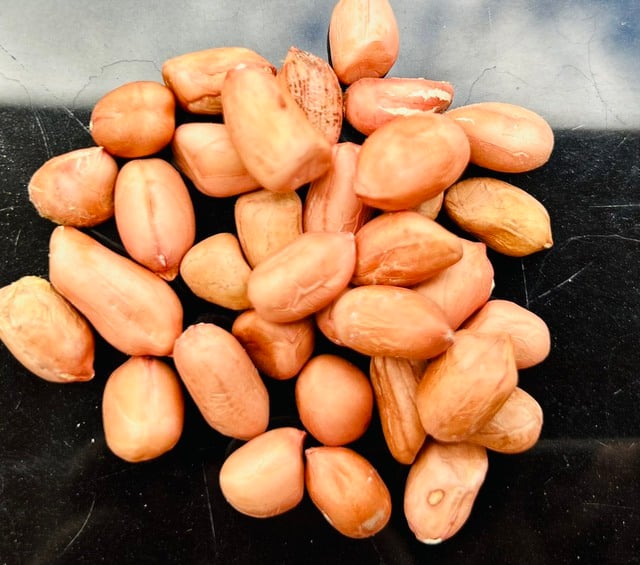
Peanuts have a sweet, rich, fatty taste.
LE CAM
According to Western medicine, modern medical research shows that peanut kernels have the effect of increasing strength, nourishing the body, lowering blood pressure, reducing blood fat and stopping bleeding. Peanut shells have the effect of stopping bleeding, treating hemorrhage and stimulating the spinal cord to produce platelets.
Modern medicine also has many studies on the medicinal properties of peanuts. Here are some recorded results on the effects of peanuts:
Support blood sugar stability
A quarter cup of peanuts can provide the body with 35% of its daily manganese requirement. Manganese is a mineral that plays a role in fat and carbohydrate metabolism, calcium absorption, and maintaining blood sugar stability.
Reduce the risk of birth defects
The source of folic acid contained in peanuts is very necessary for pregnant women. Many studies show that women who supplement 400 micrograms of folic acid per day before or during early pregnancy can reduce the risk of giving birth to a child with a neural tube defect by 70%.
Improve mood
Peanuts are also rich in the amino acid tryptophan, which is needed for the production of serotonin. Serotonin benefits the brain, helping to improve mood and reduce depression.

Although peanuts have many benefits, it should be noted that people with diarrhea should avoid eating peanuts.
LC
Enhance memory
The vitamin B3 and niacin found in peanuts have many health benefits, including improving brain function and boosting memory.
Lower cholesterol
Nutrients that help boost memory power also help reduce and control cholesterol levels. In addition, these substances can also cut bad cholesterol and increase good cholesterol, which is beneficial for the body.
Cardiovascular protection
According to many studies, regularly eating beans can reduce the risk of cardiovascular disease. Peanuts are rich in unsaturated fats, which are good for the heart. Besides, they also contain powerful antioxidants, typically oleic acid. Eating a handful of peanuts 4 times a week can help you avoid cardiovascular disease as well as coronary artery disease.
Prevent dementia in old age
Research also shows that the significant source of niacin found in peanuts can reduce the risk of Alzheimer's disease by 70%. Eating 1/4 cup of peanuts a day will provide you with 1/4 of the daily niacin requirement.
Cancer prevention
Phytosterols found in vegetable oils, nuts, including peanuts, not only help protect the heart by limiting cholesterol absorption, but can also prevent cancer by inhibiting the growth of tumors.
However, Dr. Vu cautions people with cold and damp stagnation and diarrhea to avoid eating peanuts. Or eating too many roasted peanuts can easily cause heatstroke (feeling restless and uncomfortable). Absolutely do not eat moldy peanuts.
Source: https://thanhnien.vn/bac-si-chia-se-8-loi-ich-tuyet-voi-cua-dau-phong-doi-voi-suc-khoe-185240812163136213.htm


![[Photo] President Luong Cuong receives Lao Vice President Pany Yathotou](https://vphoto.vietnam.vn/thumb/1200x675/vietnam/resource/IMAGE/2025/5/25/958c0c66375f48269e277c8e1e7f1545)


![[Photo] Festival of accompanying young workers in 2025](https://vphoto.vietnam.vn/thumb/1200x675/vietnam/resource/IMAGE/2025/5/25/7bae0f5204ca48ae833ab14d7290dbc3)

![[Photo] The coffin of former President Tran Duc Luong arrives in Quang Ngai](https://vphoto.vietnam.vn/thumb/1200x675/vietnam/resource/IMAGE/2025/5/25/1f1aca0d92ab47deae07934e749b35e6)
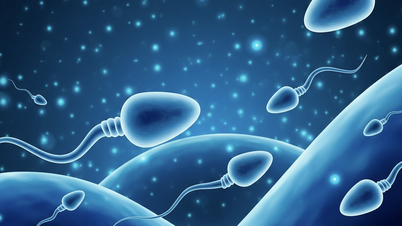
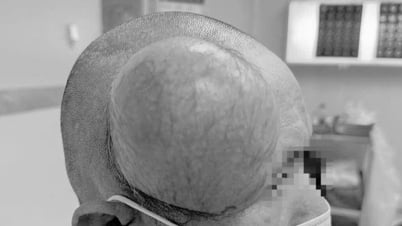


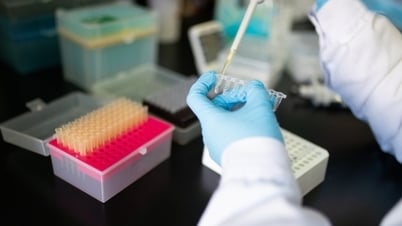







































































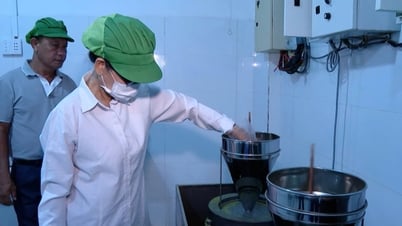




Comment (0)